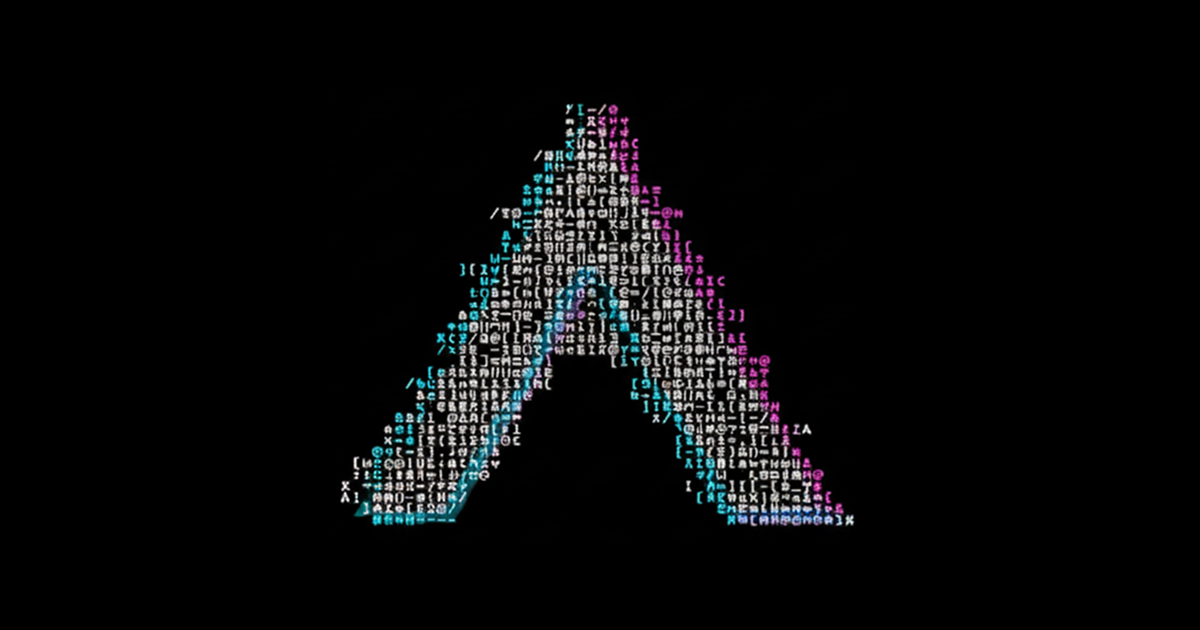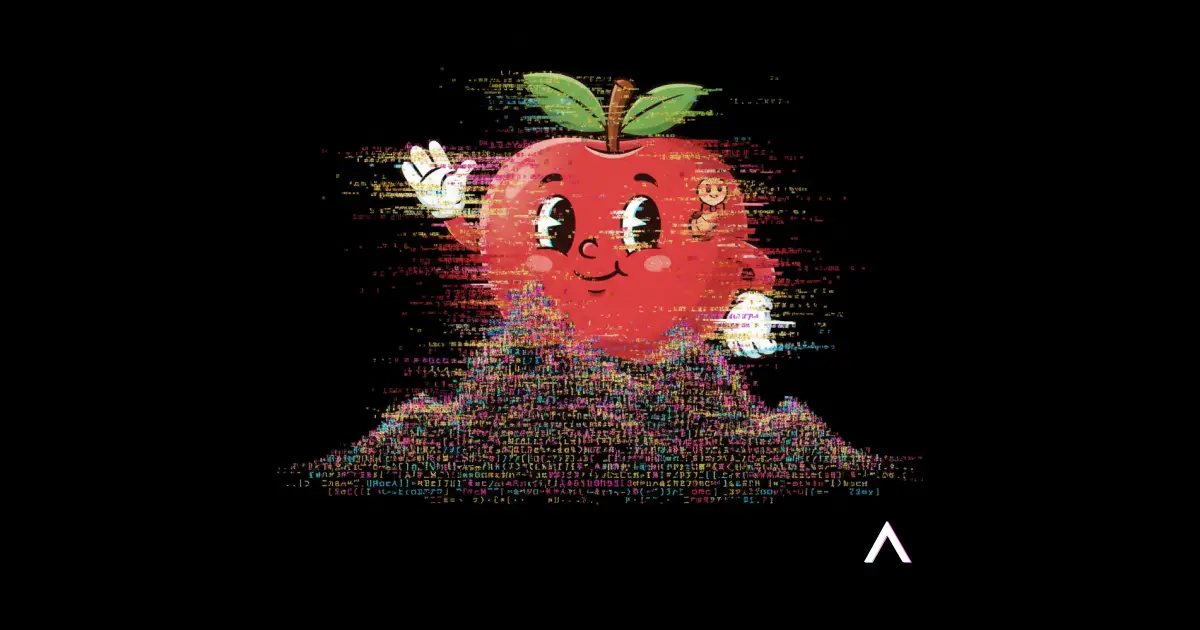
the education system isn't broken—it's working exactly as designed. here's how i broke free from the compliance machine and why you should too.
share this post
Dear Friend,
This one's for you, right from the gut. If you're stuck in a grind (opens in a new tab) that's sucking the life out of you, questioning if you're cut out for it, listen up. I've been exactly where you are—trapped in a machine that made me feel like a failure, but I pushed back and built my own way out. The education system and that "safe" career path? It's a trap designed to keep you small and following orders. Don't fall for it. Break out. Chase what fires you up. Let me walk you through how I did it, and why you can too.

School slammed me hard from the start. K-8 at St. Raymond Catholic in Menlo Park—faith, rules, a sense of belonging on the outside. But the homework? Pure torture. Math turned into a blur. Reading felt like pushing through mud. History? Just a bunch of dates I couldn't give a damn about. I struggled big time, always behind classmates who made it look easy. I felt stupid, my attention scattered compared to theirs. But it wasn't me—the system was rigged to make me think I was broken. I grinded through anyway, not because I loved it, but to fit in, to be one of the group.
Bellarmine College Prep ramped it up. Jesuit intensity, top-tier prep school vibes—the supposed shortcut to success. Same struggles: bombing tests, just hanging on. Then Cal Poly engineering, mixing Computer Science with UX design. That's when it really got rough. Five years of slog, retaking class after class because my grades in those engineering courses sucked. Calc 3? Total wreck. Flunked the midterm, dragged myself to office hours. Other kids there, and when I said the explanation still didn't click, the prof lost it, yelling "How do you not get this?!" in front of everybody. That hit like a punch. I felt done—should I drop engineering, switch schools, or quit altogether? "I don't belong here," I kept thinking. Throw in D1 track at Cal Poly—crazy intense, even if I didn't go international for the Philippines until after—and catching up was impossible. My classmates weren't dealing with killer workouts; they had time to hit the books.
But here's what kept me alive: I loved making things. Always did. Back in middle school, on September 26, 2010, I uploaded my first YouTube gaming video. Through all the mess—high school, college—I stuck with it: livestreams, deals, growing to over 4 million views. The money bought my high school car, a 2008 Toyota Prius. Taught myself everything: building PCs for streams, graphic design, video editing, motion graphics, marketing, managing communities, reviewing contracts. Landed two summer internships at Apple during college—back when they were the world's most valuable company. They cared way more about my early YouTube grind and track journey than any schoolwork. At first, I held back, scared to share ideas like in my engineering classes—didn't want them spotting I wasn't "Apple material." But the team pulled me out, showed my thoughts and angle were worth something real. It broke that old lie that I was dumb, not enough. Those internships changed everything, some of the best times in my life. Now? My startup (opens in a new tab)'s going strong after 2.5 years, using AI to help real-world stores get more leads, sales, and loyal customers.
Why am I telling you all this? The whole setup—from school to the job grind—is a con to keep you boxed in. Buy into it, and you're stuck. Who wins? Companies get workers who follow rules without question, not ones who shake things up. They take your best years while teasing "stability." Politicians roll out fake fixes—tests, loans—to keep people off their backs, the machine rolling. Unions protect teachers by how long they've been there, not how good they are, creating dead weight. Banks get rich off student loans, locking you into crappy jobs to pay up. Top schools cash in on donations from those who play along.
Incentives run the show—and they're messed up on purpose. Look at teacher pay: It's all about time on the job and extra degrees, not if kids actually learn or grow. Why? Unions pushed for it to save jobs, but it lets weak teachers hang around, killing classroom energy while the best burn out without extra pay. The con? It acts like "experience" means everything, but it kills new ideas—kids end up with drills, not skills, turning school into a factory that drains your soul, where wonder dies and everyone looks the same. Funding? Linked to local taxes, so rich areas get fancy setups and poor spots get nothing. Why? Politicians won't fix it—upsets the big donors. End result? Gaps that never close, a scam pushing "fair play" while the wealthy pull ahead. Big tests? Schools hunt scores for government cash, shrinking lessons to fill-in-the-blank, skipping creativity or real-world know-how. It's the exact opposite of help—kids come out stressed, clueless, hating to learn. Unions even fight school choice, keeping money in public schools only, no charters or vouchers to stir up competition. Merit pay? Out the window, swapped for flat rates that ignore what works.
And tenure? That's the king of bad incentives. In schools, after a quick trial (1-5 years), teachers get job security for life—tough to fire even if they're bad. It began to guard free thinking, protecting teachers from getting canned over bold ideas. But now? It breeds laziness: No risk means no push to get better. Research shows effort drops after tenure, shielding the weak while schools tank. Why no tenure in business? Companies need speed—cut the dead weight fast, bring in fresh talent to match the market and serve customers. Without it, businesses build win-or-lose cultures, paying for results, not just showing up. That sparks new ideas: People stretch to deliver value, or they're gone. In schools, tenure guards the old ways, blocking changes that put kids first. Businesses see customers as bosses; schools? Kids are the output, pumped out for the economy, not built up. The con sells tenure as "safety," but it traps average, stopping ideas that could really help kids shine.

Why no fixes? Locked-in perks: Change scares the powerful. Teachers, bosses, parents—they're wired into the system, robots feeding a monster that stole their dreams way back. As kids, we're told to listen to mom, dad, teachers, but they're fanatics, thinking they're "helping" by shoving this follow-the-leader thinking. They push their own kids into it, hard—your surroundings shape how you see things, what you do, what you get. Show the system's cracked? It breaks their world. They battle to act like it's gold because owning up to the waste means their lives were pointless. But it's the flip: It smashes spirits, churns out grinders, not dreamers. Brain clash hits strong—when facts fight beliefs, people dig in deeper to feel okay, fighting changes that show the cracks. Their whole job is crafting this sticky trap, pulling people in with talk of steady life, "top jobs," and being a good citizen. Owning it's a snare? Scary—it wipes out what they've built. So few escape because the hold is tight: No backup for other paths, pressure to fit in, the lie that paper is the only way. Lots never see the issue because the truth hits late—if ever—and doubt keeps them stuck, blaming themselves, not the setup.
AI changes the game. Stuff like smart learning apps tailors school to you, paying off real skills over just showing up. My company uses AI to fix real issues—picture it in class: AI coaches catching what you're good at fast, not yelling at what's hard. It shakes the con—why shift when power feels good?

Don't buy in. I fought—built through flops, went after making over fitting in. The degree showed up, but the big scores? Skills, businesses, freedom. The con yelled stop; I outdid it. Spot the hooks: That doubt? System's, not yours. Fuel what lights you—side gigs, fires. Fix real stuff. Find people who build you up, not break you down. Your spark is your tool.
One move today: start that idea you've put away. What's yours? Think it, do it. We're in it side by side. Smash the mold.
With grit (opens in a new tab),
Enzo Sison
stay in the loop
When we publish new experiments or playbooks, we’ll send you the highlights so you can apply them faster.
Your feedback helps us improve how we deliver practical playbooks.
Productized execution
AI can compress execution time, but reliability comes from systems. Prism builds repeatable AI workflows that are trackable, auditable, and business-relevant.
Keep learning
More experiments and playbooks from the Prism team.



work with prism to apply these steps to your brand—fast, focused, and measured.